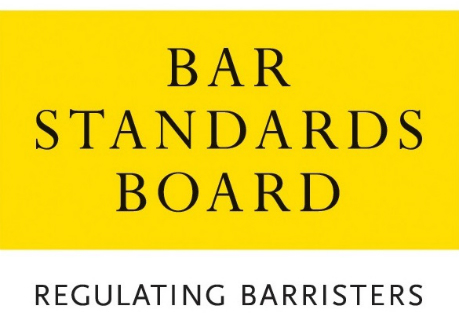Blog

After announcing that it was to raise the pass mark for the Bar Course Aptitude Test (BCAT) from 37 to 45, the Bar Standards Board has been slammed by the Bar Council.
In the first year of the BCAT, only 13 candidates failed the test, which amounted to 0.6% of applicants, and providers of the Bar Professional Training Course therefore stated that the test was ‘too easy’ to use in their selection criteria.
But following the move to raise the pass mark, the Bar Council stated that this was an ‘inadequate measure’ to filter out those who are not likely to qualify and practice as a barrister.
They also noted that if the pass mark had been set at this level in the first place, it still would have only reduced the number of passes by 15%, which they do not feel is a sufficient number to address the problem that exists of oversubscribtion and filtering.
Chantal-Aimée Doerries QC, chairman of the Council, said: “Over 1,500 students enrol in the BPTC each year which costs between £12,000 and £19,000 in tuition fees alone, and each one of those students is chasing one of only 400 pupillages. These arrangements build false hope for too many students at too high a cost.”
Alex Cisneros, one of the Bar Council’s policy analysts, added: “If the BCAT is to serve a gatekeeping function, it must filter out students who have no reasonable prospect of obtaining pupillage or practising as a barrister, not just those who have no prospect of passing the BPTC.”
In the past, the Council has suggested changing the training course by splitting it in two, and has argued that it would favour the idea of applicants being able to secure pupillages before committing to the costs and time that the BPTC requires.
The Bar Standards Board, however, argue that their internal review showed that a student’s BCAT score was a good indicator of their ability to perform on the BPTC, and argues that raising the pass mark will not have any negative impact on equality and fairness to all students.
Academy tools to help you get a job
-

Free Watson Glaser Practice Test
Understand the test format, compare your performance with others, and boost your critical thinking skills.
